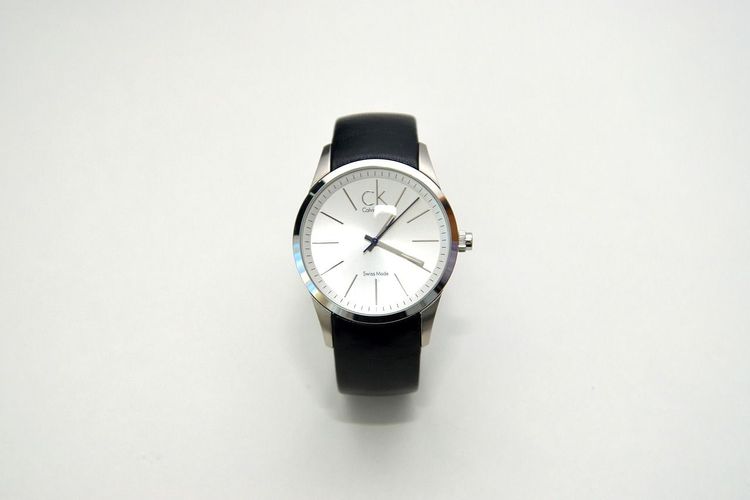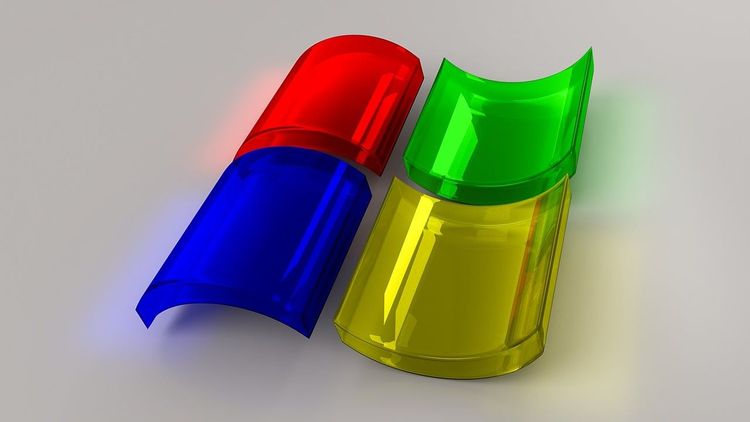Meta's Initiatives to Combat Misinformation Ahead of European Parliament Elections
As the European Parliament elections approach, Meta, the parent company of Facebook and Instagram, is implementing new measures to address the spread of misinformation across its platforms. In a recent blog post, Marco Pancini, Meta’s head of EU affairs, outlined a comprehensive strategy that includes establishing an EU-specific Election Operations Center, enhancing its network of fact-checking partners, and creating tools for detecting and labeling AI-generated content.
Pancini stated, “As the election nears, we’ll activate an EU-specific Elections Operations Center, uniting experts in intelligence, data science, engineering, research, operations, content policy, and legal teams. This will allow us to identify potential threats and implement targeted mitigations in real-time across our apps and technologies.”
The upcoming June elections are critical for the future of the European Union at a pivotal moment. With the rise of technologies like deepfakes, voter manipulation tactics pose a serious risk to the integrity of the electoral process.
Since the 2016 election interference incident involving Russian trolls, Meta has faced scrutiny and has committed billions to improve safety and security. The company has introduced various transparency measures for political advertisements.
Experts Voice Concerns Over Meta's Strategies
Despite these efforts, experts caution that Meta’s strategy to combat misinformation may not be sufficient. Reports have indicated that the company failed to identify coordinated influence campaigns from China targeting Americans ahead of the 2022 midterms.
While Meta is working to expand its fact-checking network to cover all 24 official EU languages and is imposing requirements for disclosing AI-generated content, critics argue these initiatives lack sufficient enforcement. A reliable system for authenticating images and videos showcasing violent incidents remains elusive, making it difficult to debunk sophisticated fake content created with advanced editing software.
The addition of only three new fact-checking partners seems inadequate, given the extensive scale of the misinformation threat during such a significant election. The combined efforts of the 29 organizations across Europe may struggle to manage the anticipated surge of misleading content.
Furthermore, while Meta's planned transparency labels for AI content represent progress, experts question how effectively the system will identify altered media, particularly deepfakes. Currently, no technology can accurately detect AI-generated forgeries.
Influencer Vulnerabilities and Covert Influence Campaigns
Past influence operations have successfully exploited the credibility of public figures, including politicians and journalists, to propagate divisive narratives. With high-stakes elections occurring across 80 nations this year, even minor disinformation efforts could escalate significantly if amplified by influencers or authoritative figures.
Ben Nimmo, Meta's global threat intelligence lead, emphasized that covert influence campaigns often infiltrate mainstream political discourse by co-opting trusted influencers. “The main way that covert campaigns get through to authentic communities is when they manage to co-opt real people with audiences,” Nimmo stated in the latest adversarial threat report.
This vulnerability persists, as even limited shares from credible individuals can lend legitimacy to false narratives linked to foreign interference.
As the crucial EU elections draw near, Meta remains vigilant. However, with advancing deepfake technology, the landscape of information warfare continues to evolve. While Meta’s initiatives mark a significant step forward, safeguarding democracy in the digital age presents ongoing challenges, as influential voices remain prime targets for manipulation.







